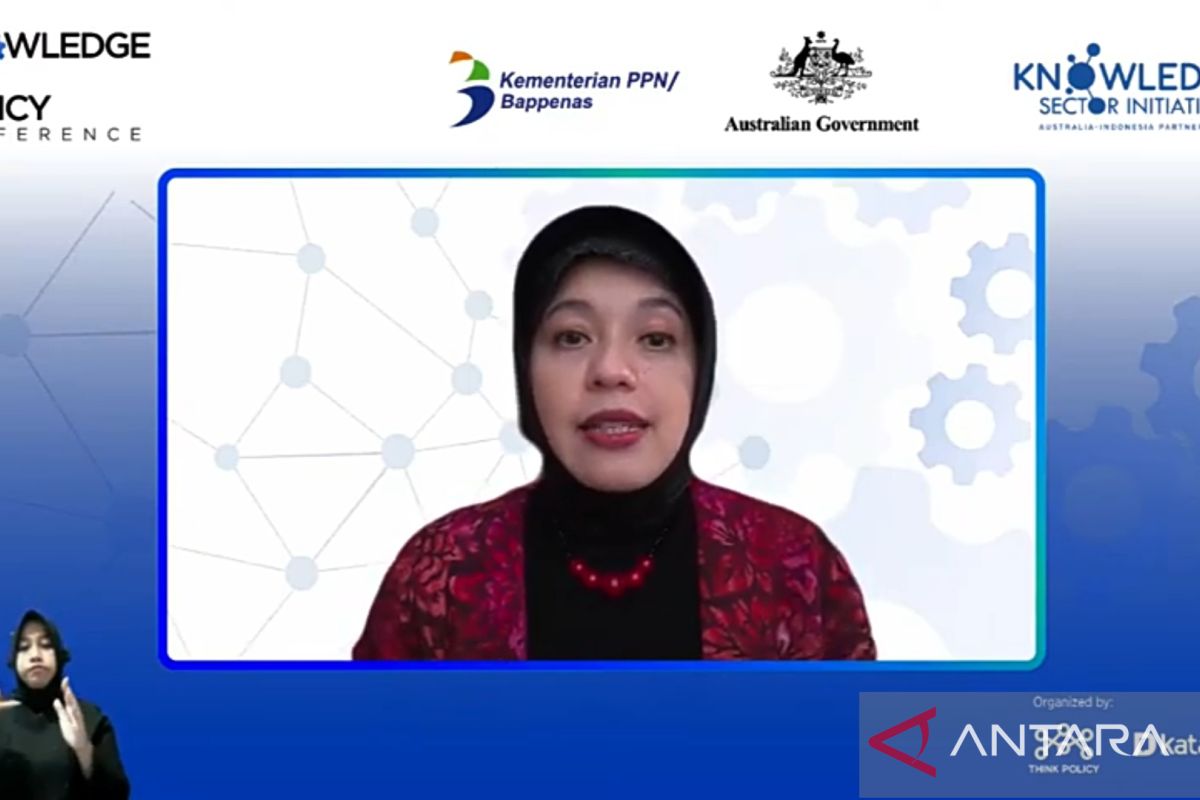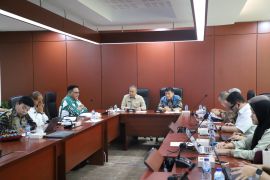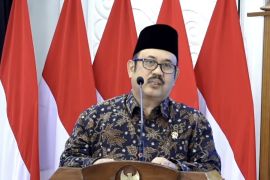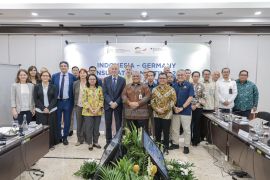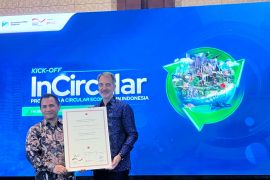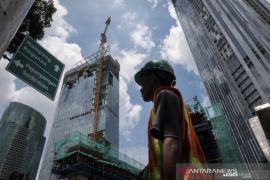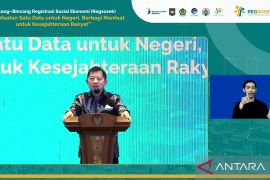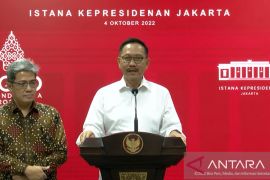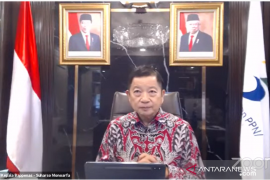We must shift from economic activities that rely on the extractive sector to economic activities that produce added value from innovative knowledgeJakarta (ANTARA) - The Ministry of National Development Planning (PPN/Bappenas) is preparing post-COVID transformation measures for the economy that are not based on the business-as-usual scenario, Bappenas’ deputy for economic affairs has said.
"We must shift from economic activities that rely on the extractive sector to economic activities that produce added value from innovative knowledge," Amalia Adininggar Widyasanti remarked at a webinar on ‘Sustainable Economic Transformation Through a Digital Approach’ here on Tuesday.
In line with the National Medium-Term Development Plan (RPJMN) 2020–2024, economic transformation will be carried out to reduce economic dependence on commodities and increase activities to create high added value through competitive processing industries, she informed.
Related news: IKN relocation strategy focused on realizing Indonesia's Vision 2045
Therefore, for Indonesia's economic transformation after COVID-19, Bappenas has prepared six major strategies to realize inclusive and sustainable growth as well as Indonesia's 2045 vision to become a developed country.
"The six strategies are to ensure that Indonesian Human Resources (HR) are competitive in the health system, education, as well as research and innovation," Widyasanti said.
Furthermore, productivity in the economic sector will be increased through industrialization, boosting the productivity of micro, small, and medium enterprises (MSMEs), and agricultural modernization.
"Then the implementation of a green economy through low-carbon economy, a circular economy, and a blue economy," she added.
Related news: Change in mindset can help achieve green economy target: Bappenas
The next strategy will be thorough digital transformation through the development and use of digital technology to encourage increased productivity in Indonesia.
Domestic economic integration will also be carried out by enhancing the domestic value chain to help the country rely on large economic strengths that are integrated between regions, she said.
"The next strategy will be to move the country's capital, namely the new capital city (IKN Nusantara), which will be a new source of economic growth. This is a new effort and breakthrough to balance the economy between regions in Indonesia," she added.
Related news: Indonesia needs above five-percent growth to become developed nation
Related news: Capital city's relocation aims to create new economic center: Bappenas
Translator: Sanya Dinda S, Resinta S
Editor: Fardah Assegaf
Copyright © ANTARA 2022
